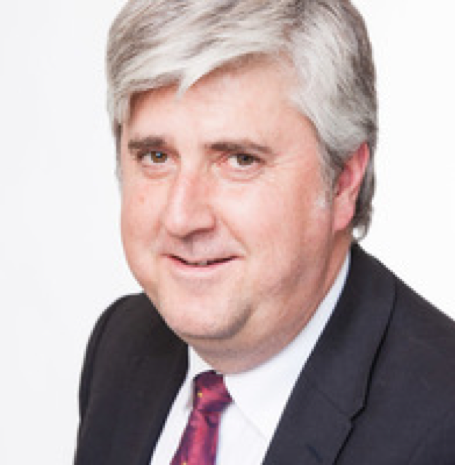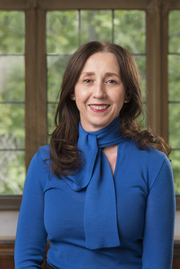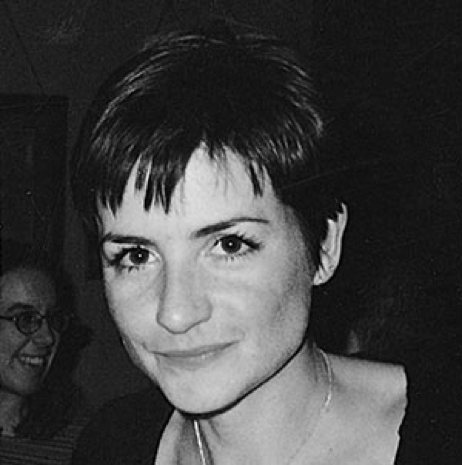Over the past several decades a number of the Arabian Gulf states have invested heavily in often highly ambitious and high profile policies of art investment, museum infrastructure development and a host of related cultural heritage and cultural events management/cultural diplomacy initiatives. These have been formulated as part of wider policies to reposition these historically traditional Islamic nation states as thriving, globally-oriented and culturally sophisticated societies with a strong engagement with Western artistic/cultural traditions and an investment in the development of robust knowledge-centered and forward-looking economies intended to replace the historical reliance on oil and gas revenue. In 2007, for example, the UAE brokered a US $1 billion agreement with the French government that resulted in the November 2017 inauguration of the Louvre Abu Dhabi, a prominent, global franchise museum designed by the ‘starchitect’ Jean Nouvel that aims to act as a cultural beacon and international tourism hub for the entire Arab world. It forms part, in turn, of a group of planned museums in the future-oriented Saadiyat Island development – the Zayed National Museum, designed by Foster+Partners, has recently broken ground. The March 2019 opening of the National Museum of Qatar (also designed by Jean Nouvel) was, likewise, widely reported on by the international media and presented as a major global art world event. So too, Saudi Arabia has announced ambitious plans to commit ca. US $20 billion to a development agreement with France that includes a “world class museum of Arab culture and civilization” that is projected as being two to three times larger than the Louvre Abu Dhabi (Noce, 2018). This is being developed in tandem with a number of other large-scale cultural initiatives such as the Diriyah Gate mixed-use development in Riyadh, Amaala on the Red Sea coast (Dobson 2018), the Misk project cultural initiatives and Neom, the future-city in development in the north–west of the Kingdom. This workshop aims to consider the implications and challenges created by this explosive boom in regional cultural infrastructure developments together with the dynamic shifts that it has created in the wider art, museums and cultural heritage industries across the region, and beyond. The workshop will explore a diverse range of perspectives relating to the expanded field of art, museums, and cultural development across the Arabian Gulf region, including those of academic researchers, museum and industry professionals, cultural policy makers, artists, architects and others with an interest in the area. It will investigate a broad range of issues, including: To what extent have factors such as cultural infrastructure development, global tourism, and ‘soft diplomacy’ worked in tandem across the region to encourage the development of so many high profile projects and initiatives along these lines? To what extent has the recent inauguration across the region of so many globally ambitious museum complexes, art events and cultural festivals had a significant impact on the ongoing development of a regional cultural and political identity – and to what extent has such an identity been impacted by the June 2017 ‘blockade’ (when the UAE, Saudi Arabia and Bahrain, together with Egypt cut diplomatic ties with Qatar), resulting in a reconfigured region. These large-scale global projects embody and project utopian ideals for the future of their host countries, whilst in production in a shifting, conflicted present; the workshop will accordingly ask, how do these cultural projects re-imagine the lived experience in the Gulf, and what are the ethical considerations inherent in the production of utopian visions of these kinds? How is the process of globalised cultural production reflected in the ways in which the Arabian Gulf region is perceived across the world? Does the regional vitality reflect the passing of the ‘old world’ model of the dominant Western culture/art world transmitting its influence from the centre to the periphery? Or is the centre-periphery model no longer relevant in this globalised contemporary Gulf world, considering the wealth and agency of the Arabian Gulf countries?
3 DAYS / 12 Workshops
MORE THAN 300 ACADEMIC PAPERS
While focusing on targeted and emerging case studies from within the
region, the workshop also aims to engage directly with such broad and
overarching topic questions as:
Ø What does the recent history of museums and
related initiatives in the Gulf region suggest for future possibilities and
innovations in the fields of collecting practices, exhibitions and museum
development and outreach/cultural diplomacy initiatives both within the region
and beyond?
Ø How does globalisation function in the
international arts/museum landscape and how does it impact on the confluence of
Middle Eastern/Western understandings of these issues as they apply to varying
degrees and in varying contexts across the Gulf region?
Ø How can we re-think paradigms and theoretical
frameworks that are frequently used to interpret the Arabian Gulf’s regional
investment in and production of globally-recognised cultural projects –
frameworks such as post-colonialism, cultural globalisation, cultural
imperialism, centre-periphery theory – to capture more precisely the dynamics
at work in the region?
Ø Given that future imaginings always reflect
contemporary realities or concerns, what can the recently realised and planned
cultural projects tell us about the Gulf countries’ ideas of the nation,
national belonging, cultural identity and demography? We invite nuanced
explorations of identity and belonging in the region.
Ø What are the historical and contemporary
comparisons to the current cultural investment in the Arabian Gulf? Can the
processes at work be understood less as a form of exceptionalism and more as an
example of a broader global reconfiguration of global cultural investment – and
wealth?
Contribution to the
Gulf Studies
This workshop has the potential to expand the field of Gulf Studies in
significant new directions. It taps into a topical and prominent regional
developmental issue and provides a timely platform for discussion of its
ongoing challenges and implications while bringing together different areas of
research specialisation from across a diverse range of disciplinary foci,
including art history, contemporary architecture and design, heritage and
museums studies, economics, government and political studies, international
relations, citizenship studies, and gender and cultural studies. The dynamism
and interdisciplinary nature of the workshop will be further enhanced by a
major focus on highlighting current professional case study presentations so as
to encourage a dialogue across a diverse range of positions and paradigms,
ranging from that of academic researcher through to speakers from the museum/cultural
infrastructure industries, together with artists, media commentators, policy
analysts etc. This will, moreover, be the first time that a workshop entirely
focussed on this topic has been held at the GRM (although there have been a
small number of related workshops, including a 2014 workshop focused on the
public dimension of museums and nation building and a 2019 workshop focused on
cities, urbanism and cultural heritage more generally). The workshop is,
moreover, timely given the recent shifts in cultural production in the wake of the
changing regional affiliations, for example the recent enormous investment in
cultural projects in Saudi Arabia. So it is anticipated that the proposed
workshop will also act to bring a new range of speakers and research interests
into the remit of the GRM.
List of expected papers’ topics
The kinds of papers that
the workshop directors would like to attract include critical interventions in
the following fields:
v Global
museums in the Arabian Gulf
v Cultural
globalisation in the Arabian Gulf
v Theories
of utopia and Gulf futures
v The
realities and challenges of developing regional global cultural projects
v New
and emerging models of public/private partnership underpinning cultural
infrastructure development in the Arabian Gulf
v Gulf
architecture and urbanism
v Theories
of inclusion and exclusion in globalised urban space
v Artistic
responses to global cultural developments – contemporary art and film
v The
lived experience – anthropological/ethnographic explorations of contemporary
Gulf reality alongside and
within these cultural projects
v Critiques of traditional paradigms of
analysis: post-colonialism, cultural globalisation, cultural imperialism,
centre-periphery theory
v Regional comparisons
v Global/National/Cultural and other forms of
identity formation in the Arabian Gulf


